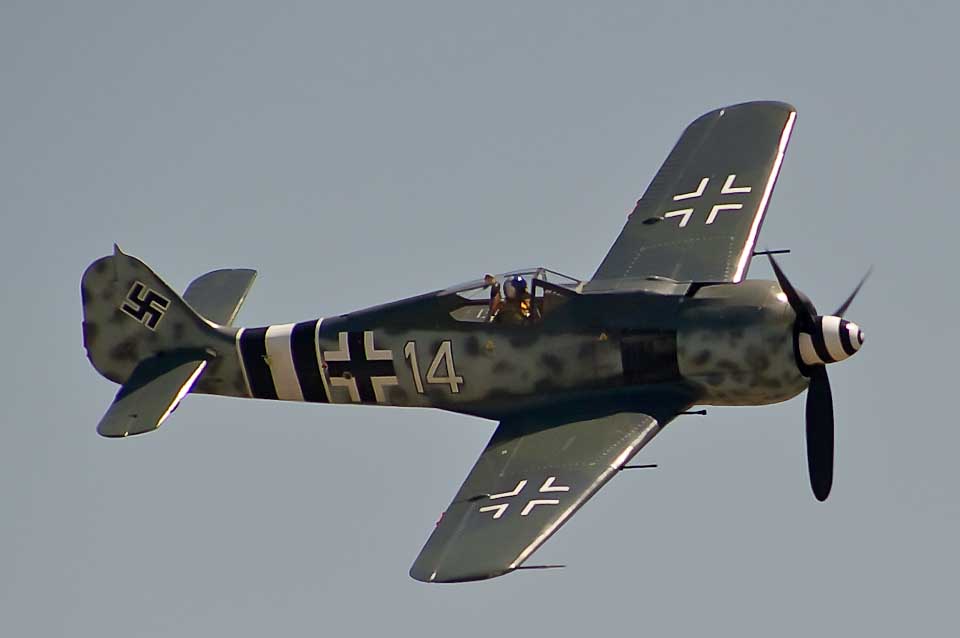
Focke Wulf Fw 190A history, photos, specification of the Focke Wulf Fw 190A
The Focke-Wulf Fw 190 was designed by Kurt Tank and manufactured by Focke Wulf as a single-seat fighter aircraft powered by a single-engine. It was developed during the late 1930s and extensively used throughout the Second World War. The aircraft first flew in June 1939 and was introduced in 1941. It was produced from 1941 to 1945 with a total.

Australia Has its First Flying Fw190!
This is the only Fw 190 D-13 to have survived the war. The aircraft entered service in March of 1945 and served as the commander's plane of Jagdgeschwader (.
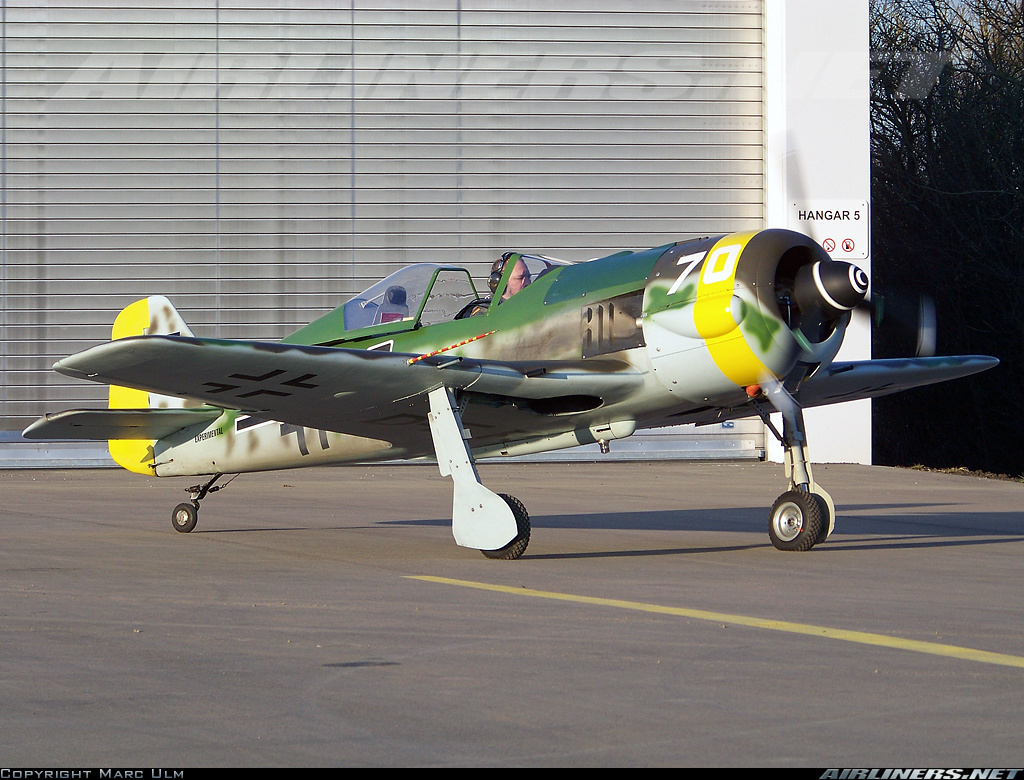
WAR FockeWulf 190 Untitled Aviation Photo 1477787
The Focke-Wulf Fw 190 ranks with the Supermarine Spitfire, Vought F4U Corsair and North American P-51 Mustang as one of the best fighters of World War II. The Focke-Wulf 190 was the work of a team of German designers headed by the famous Kurt Tank. It was evolved basically as a successor to the Messerschmitt Bf 109 fighter, although the official view was that it would never be capable of.
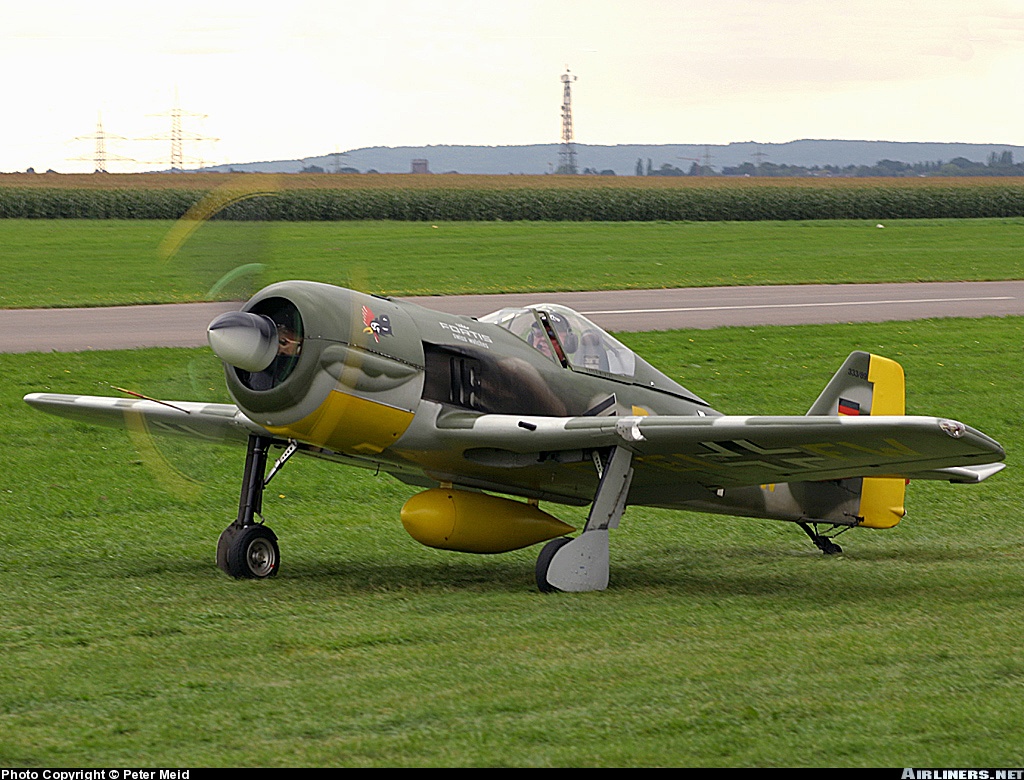
WAR FockeWulf 190 Untitled Aviation Photo 0673321
The Focke-Wulf Fw 190 is considered to be the best fighter Germany's produced during the war, and for good reason. The Focke-Wulf Fw 190 Würger (Shrike in English) has become one of the most iconic military aircraft in world history since it first inspired fear in the Allied forces throughout all of World War II.Named for the shrike (nicknamed the "butcher bird"), a small carnivorous.
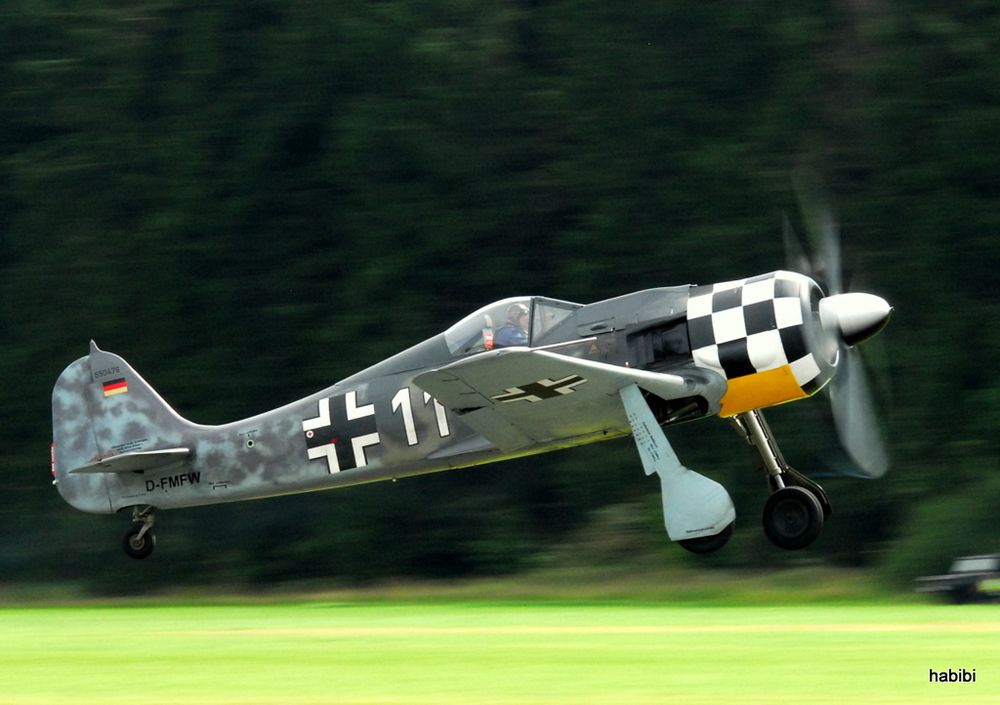
FockeWulf Fw190 A8/N DFMFW Foto & Bild luftfahrt, militärfliegerei, verkehr & fahrzeuge
Flying fewer than five months after the P-38, on June 1, 1939, the beautiful Focke Wulf Fw 190 was one of the best fighters of World War II.Designer Professor Kurt W. Tank and his team were aided by Flugkapitan Hans Sanders, a brilliant test pilot who would make the first flight of every variant of the "Würger" (Butcherbird).. Tank had worked with Willy Messerschmitt earlier in his career.
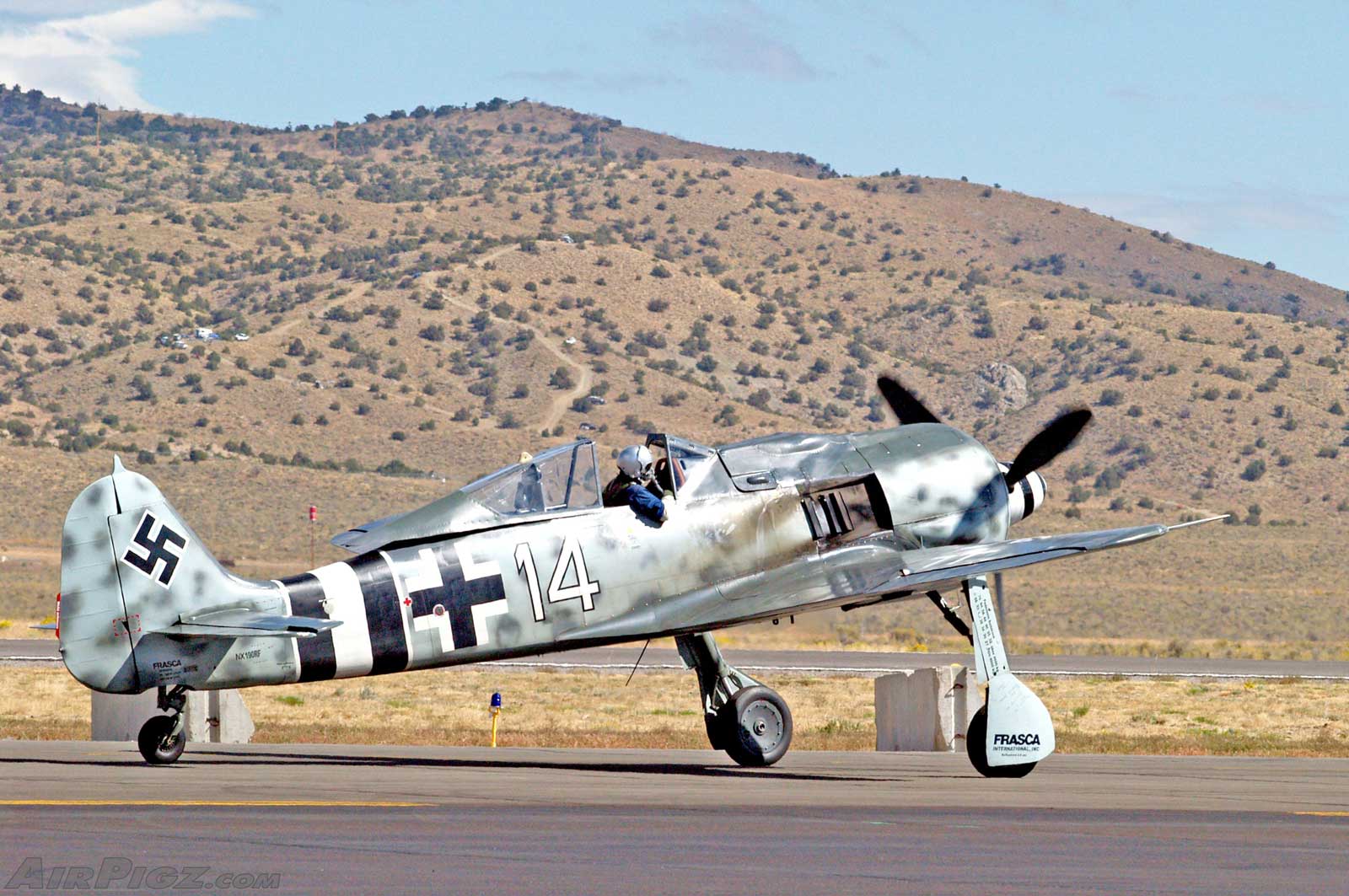
FockeWulf Fw 190 wallpapers, Military, HQ FockeWulf Fw 190 pictures 4K Wallpapers 2019
The Focke-Wulf Fw 190, nicknamed Würger is a German single-seat, single-engine fighter aircraft designed by Kurt Tank at Focke-Wulf in the late 1930s and widely used during World War II. Along with its well-known counterpart, the Messerschmitt Bf 109, the Fw 190 became the backbone of the Jagdwaffe of the Luftwaffe. The twin-row BMW 801 radial engine that powered most operational versions.
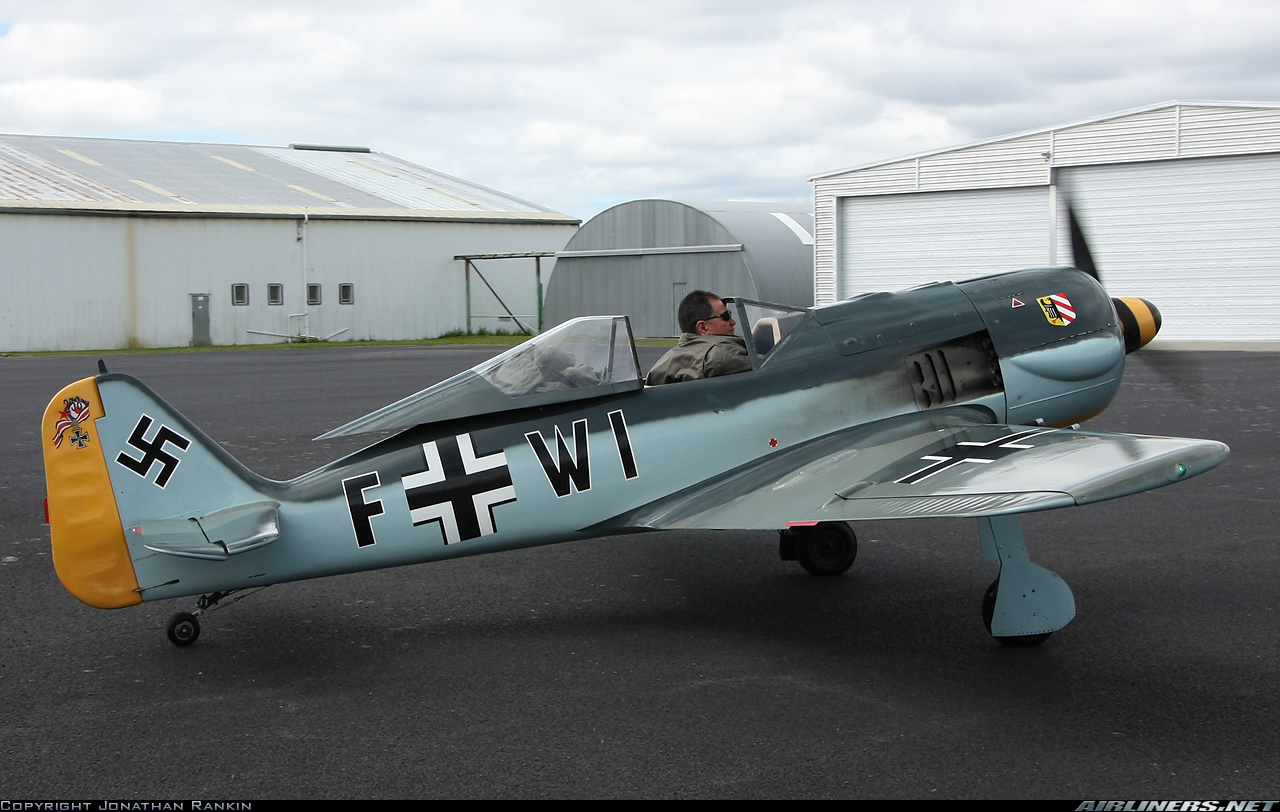
WAR FockeWulf 190 Untitled Aviation Photo 1591347
The Fw 190's career as a bomber destroyer was cut short by the appearance of large numbers of drop-tank-equipped P-38 Lightnings and P-47 Thunderbolts over Germany in late 1943, for the Focke-Wulf could not match the performance of these turbo-supercharged U.S. fighters above 30,000 feet (9,100 metres).
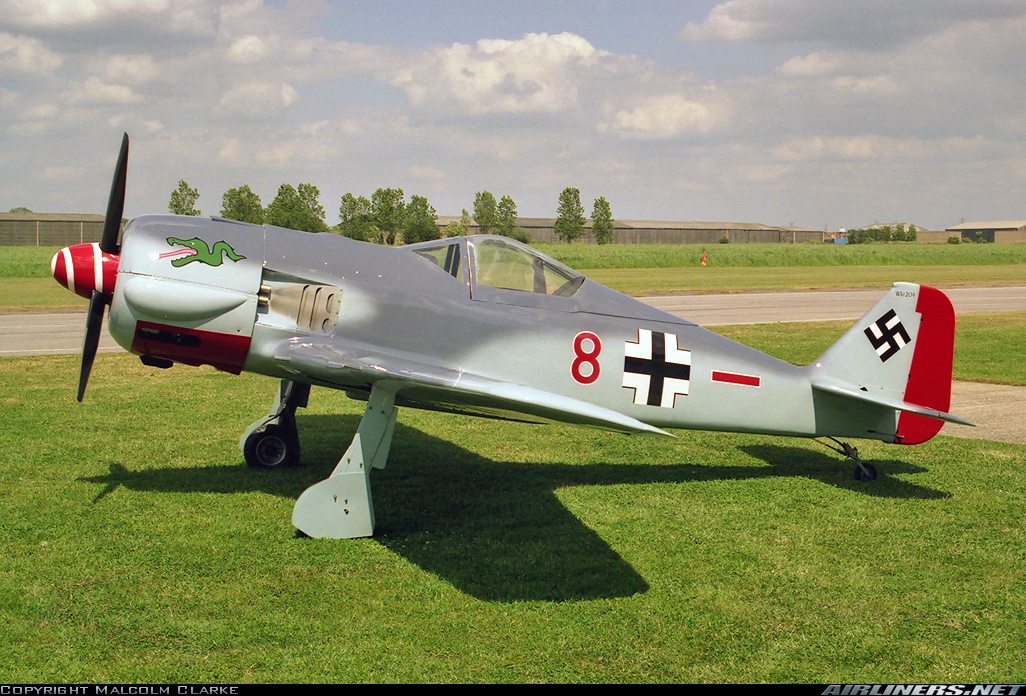
WAR FockeWulf 190 Untitled Aviation Photo 0617135
Once Fw 190 Wrk. Nr. 931 862's restoration is complete in 2020, this will be one of two flying Focke-Wulf 190s in the world. The Collings Foundation's Focke Wulf Fw 190F-8 "White 1" (Work Number 931 862) was constructed at Norddeutsche Dornier-Werke in early June 1944.

FockeWulf Fw 190D9 > National Museum of the US Air Force™ > Display
Discover the history of the Focke-Wulf Fw 190, a single-engine fighter aircraft widely used during World War II. Learn about its role as the backbone of the.
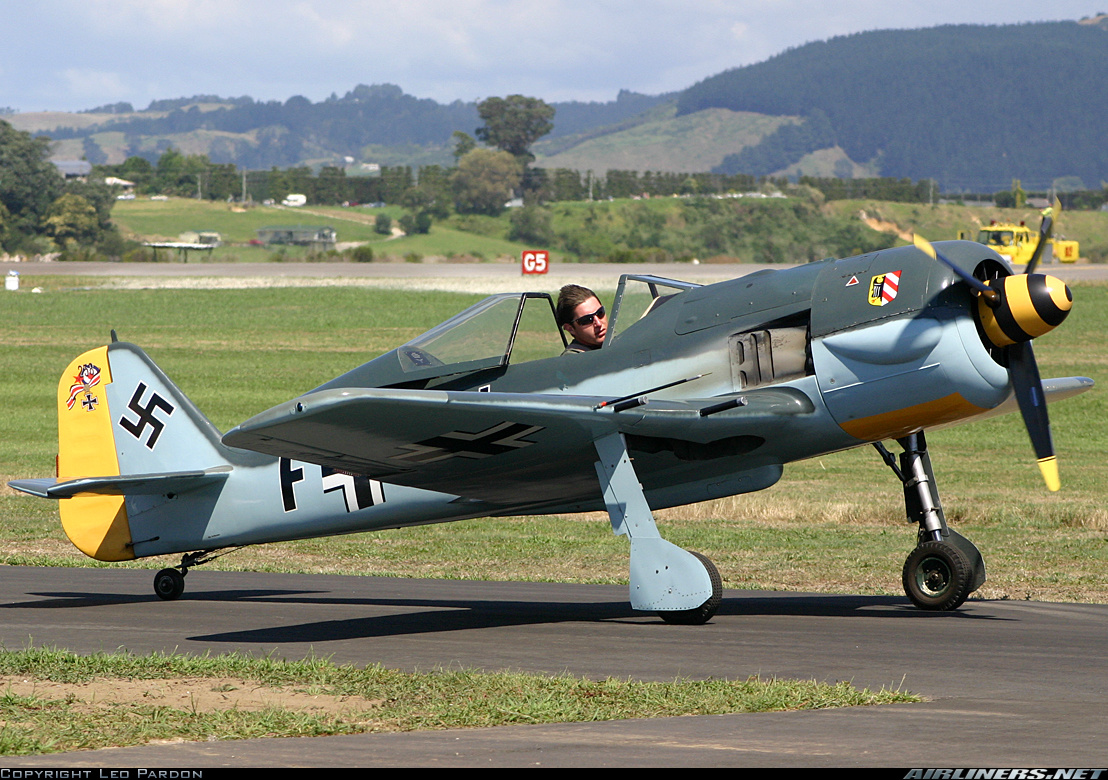
WAR FockeWulf 190 Untitled Aviation Photo 1965470
The Americansí six and eight gun .50 caliber packages allowed low time pilots to put more bullets in the target because, in comparison, it was not unlike pointing a garden hose. By the time the FW-190D, the 'Dora,' came along in 1944, with the FW's radial engine replaced by an inline, V-12 Jumo 213 of more than 1770 horsepower, the.
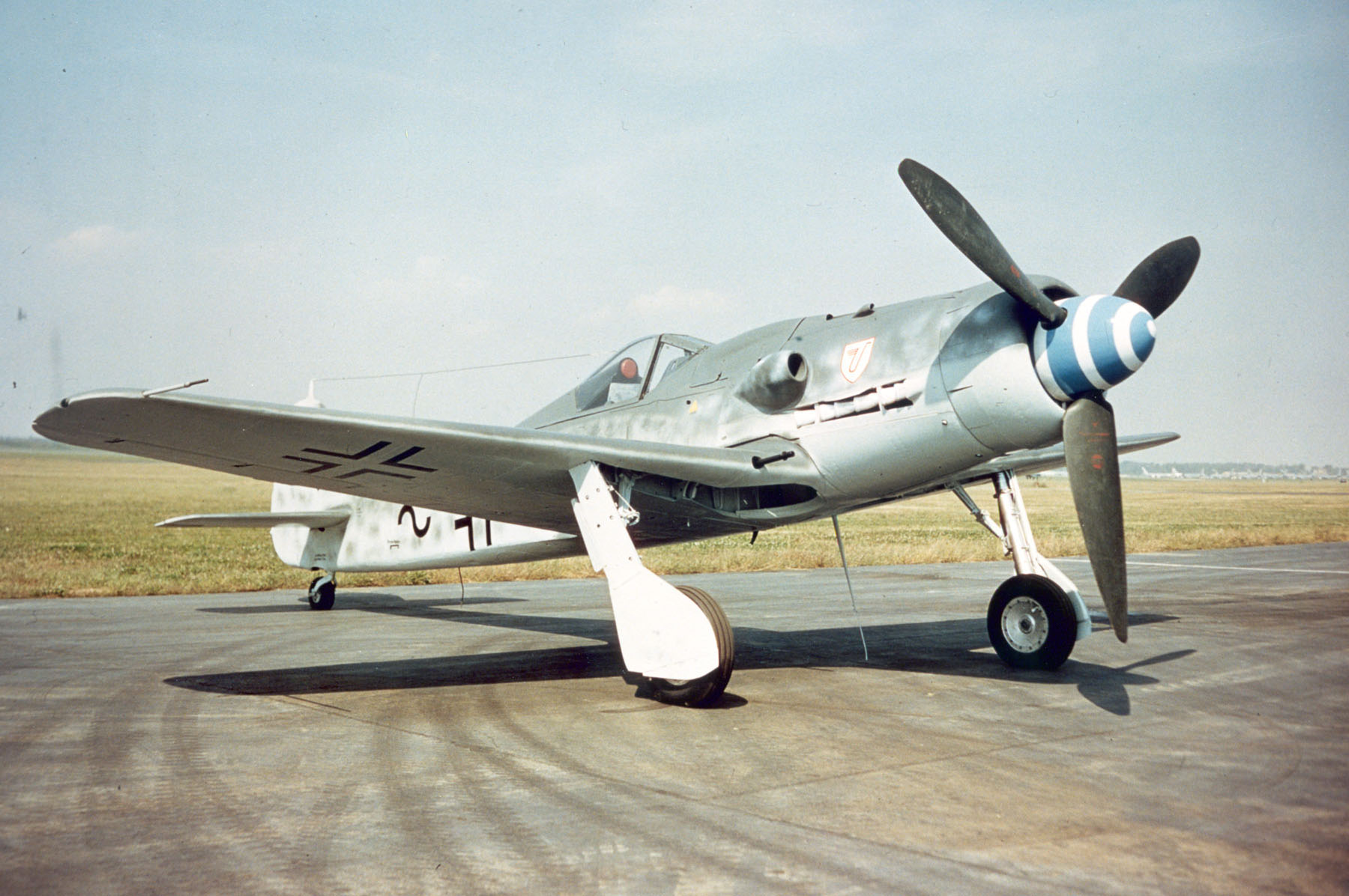
FichierFockeWulf Fw 190D9 outside USAF.jpg — Wikipédia
The Focke-Wulf Fw 190, nicknamed Würger ("Shrike") is a German single-seat, single-engine fighter aircraft designed by Kurt Tank at Focke-Wulf in the late 1930s and widely used during World War II. Along with its well-known counterpart, the Messerschmitt Bf 109, the Fw 190 became the backbone of the Jagdwaffe (Fighter Force) of the Luftwaffe.

FockeWulf Fw 190 D9 National Air and Space Museum
The Focke-Wulf FW-190 was widely believed to be the best fighter aircraft of World War II. As the war went on the FW-190 was manufactured in no fewer than 40 different models. The appearance of the new aircraft over France in 1941 was a rude surprise to the Allied air forces. The FW-190 was in service for the entire war, replacing a number of.

FockeWulf Fw 190 Wallpapers Wallpaper Cave
The Fw 190 F-2s were renamed Fw 190 A-5/U3s, of which 270 were built according to Focke-Wulf production logs and Ministry of Aviation acceptance reports. [ citation needed ] The Fw 190 F-3 was based on the Fw 190 A-5/U17, which was outfitted with a centerline mounted ETC 501 bomb rack, and in the Fw 190 F-3/R1, with two ETC 50 bomb racks under.
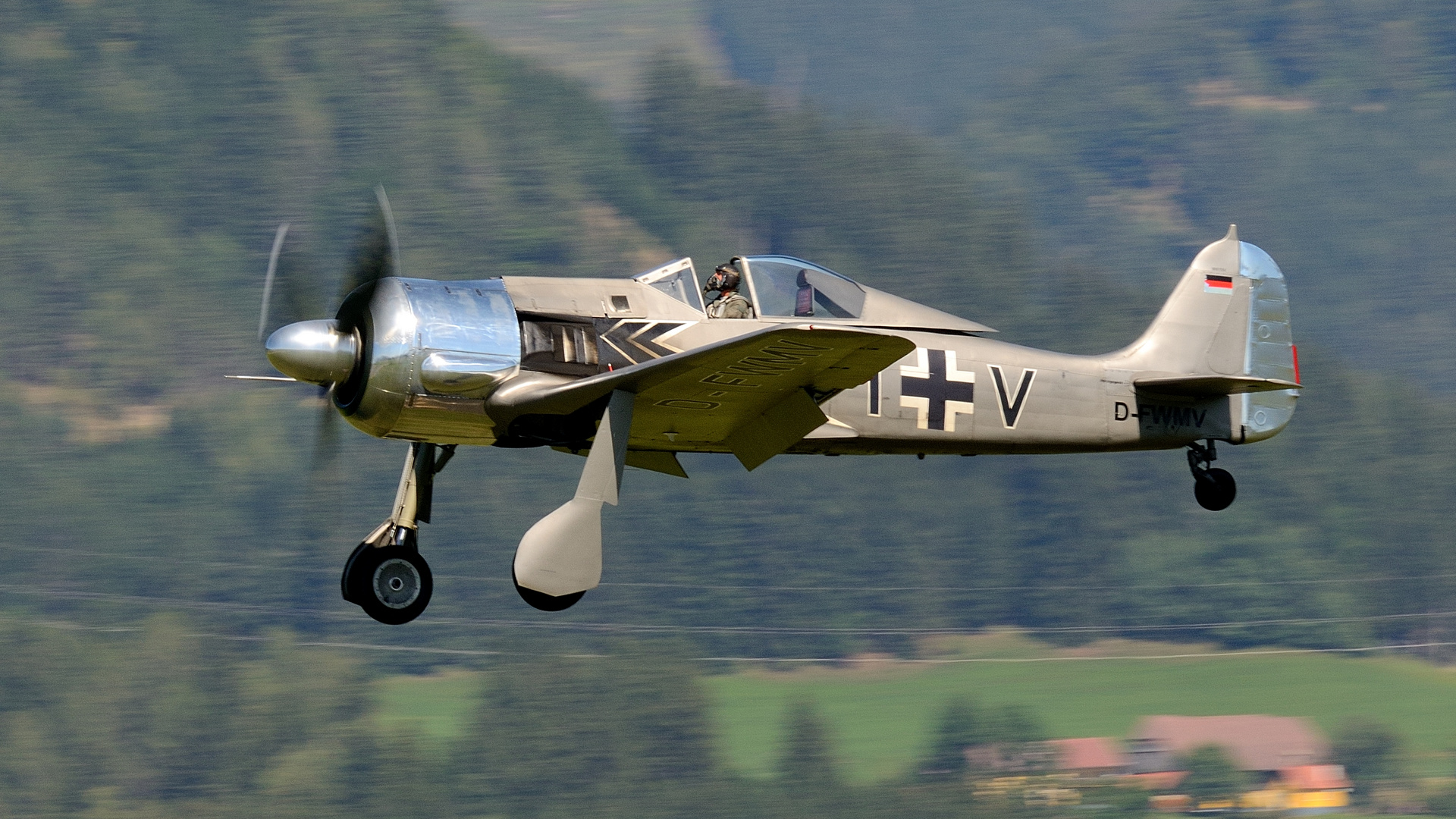
FockeWulf Fw190 Foto & Bild luftfahrt, militärfliegerei, air shows Bilder auf
The NASM Fw 190 D-9, factory number (Werksnummer) 601088, was probably built at Focke Wulf's Bernburg plant. According to its markings, it was flown by a staff officer of the 4th Squadron of Fighter Group 3 (IV (Sturm)/JG-3 "Udet"), flying bomber intercepts from late 1944 through 1945. This Fw 190 D-9 was among a group of 21 various German.
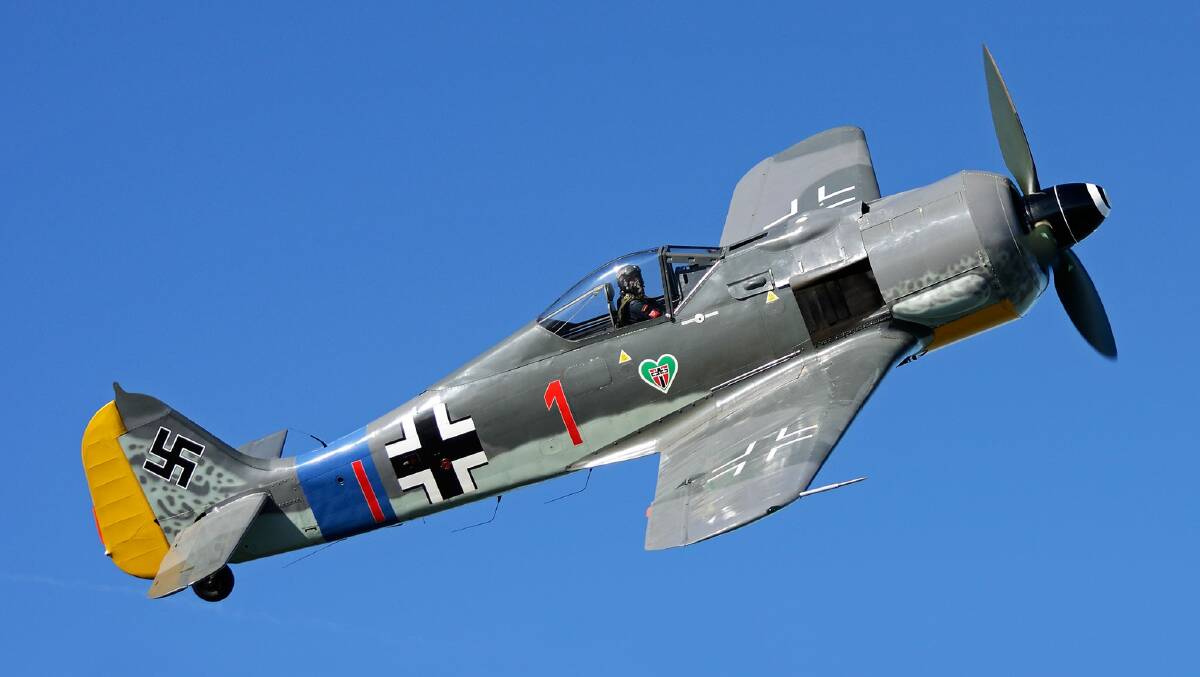
German fighter aircraft FockeWulf 190 bound for Wings Over Illawarra 2016 airshow Illawarra
An Fw 190 A-8/R2 in American hands. The Focke-Wulf Fw 190 Würger was used by the Luftwaffe during the Second World War in a variety of roles. Like the Messerschmitt Bf 109, the Fw 190 was employed as a "workhorse", and proved suitable for a wide variety of roles, including air superiority fighter, strike fighter, ground-attack aircraft, escort fighter, and operated with less success as a.

FileFockeWulf Fw 190D9 USAF.jpg Wikimedia Commons
The Fw 190 A-2 and A-3 entered service shortly thereafter and production grew rapidly at five different Focke-Wulf plants. Ago, Arado, and Fieseler also built the airplane under license. A BMW 801 D-2 engine, capable of producing 2,100 hp for brief periods by using a methanol-water injection system called MW-50, powered the next production.